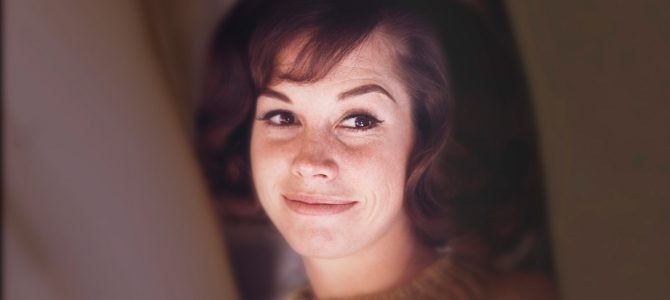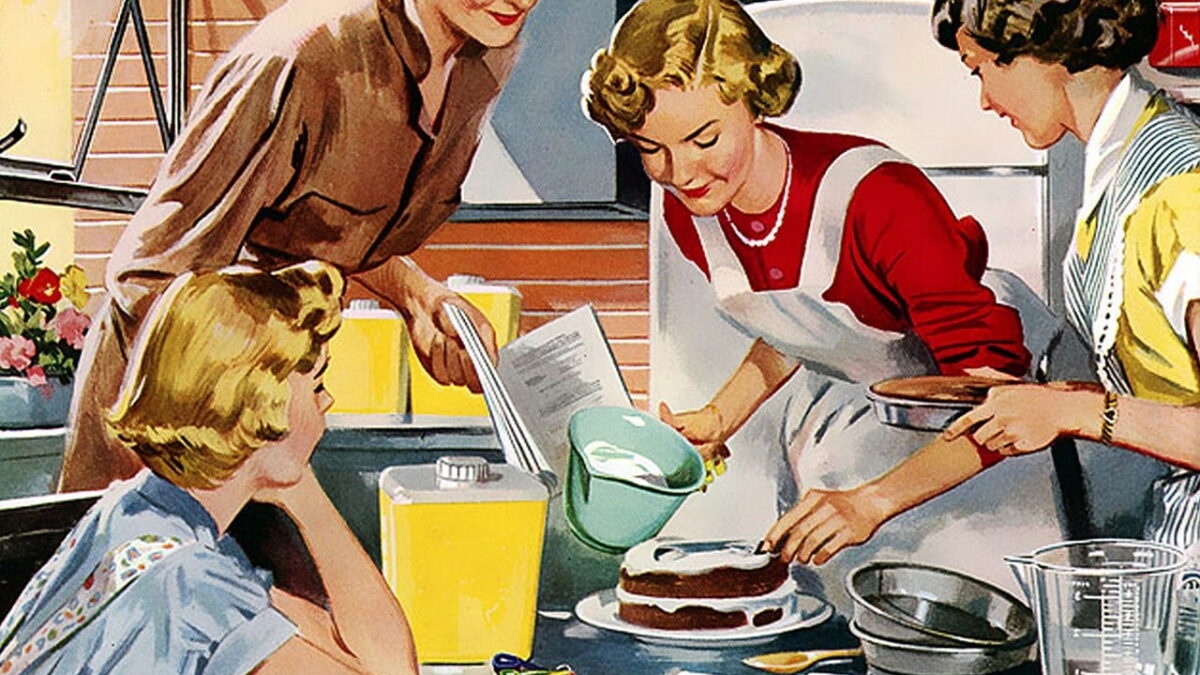Much will be made in the coming days about Mary Tyler Moore’s role in the women’s movement of the 1970s. But it’s important to keep in mind what Mary herself said about Gloria Steinem, Betty Friedan and the more outspoken wing of the feminist project.
She was not on board.
I interviewed Mary in what turns out was her last in-depth on-camera interview, for a documentary about her career. Even though my questions were only about her show business work, Mary kept volunteering personal details. Looking back, it seems there were a few things she wanted to get off her chest. In my first question, about her early dancing work, Mary mentioned that dancing was a respite from her difficult family life. “I was not a very happy little girl,” she said. Indeed, her mother was an alcoholic; her father, emotionally distant.
Things didn’t get better after she left home. Mary divorced twice, and her only child died as a young adult. One might expect the result of all these difficulties would have been for her to reject the traditions of American family life. But that was not the case. When leaders of the feminist movement asked Mary to rally for their cause, she declined. And she wanted that rejection on the record during my interview.
“I want to mention my Gloria Steinem experience. She thought that I was 100% on Betty Friedan’s train. And I really wasn’t. I believed that women—and I still do—have a very major role to play as mothers. It’s very necessary for mothers to be involved with their children. And that’s not what Gloria Steinem was saying. Gloria was saying oh, you can have everything, and you owe it to yourself to have a career. And I didn’t really believe in that, so that was a little difficult for me. Well, I just had to say no.”
Despite her rejection of Gloria Steinem’s cause, Mary wasn’t against expanding opportunities for women. In fact, she probably did more to encourage young women to consider nontraditional jobs choices than anyone of the era. Her TV character was the first independent “career woman” on television. Every Saturday night, she presented a positive view of what young women could achieve. Her character, Mary Richards, was smart, ambitious, and good at her job. At the same time, she was caring toward her friends and never harsh with anyone.
The character was written to match Mary Tyler Moore’s actual personality. “I was that person. I grew up in a very conservative household, and I went to a private girls school, and you behaved in a certain way. So it was second nature to me, I didn’t feel that separate from the character I was playing,” she said.
The importance of her portrayal can’t be overstated. In the mid-1970s, the view that women were inferior to men in the workplace was common. It was rare to see a woman as a police office, or doctor, or business executive. Yet, change was clearly coming. The only question was what that change would look like.
Would it follow the militant template of Gloria Steinem and Betty Friedan? Or the more gracious approach of Mary Richards?
Thankfully, “The Mary Tyler Moore Show” was a big hit for CBS, and aired for seven seasons. In an era when there were just three TV channels, that meant tens of millions of viewers each week saw Mary navigate the work-life balance with skill. For all the young women (and men) who stayed home on Saturday night, she modeled a life they could aspire to.
It was fitting that the last scene of the last episode featured a tearful group hug (arguably the longest hug in TV history!). Mary Richards may have had a great career, but what really mattered to her were the caring relationships that grew out of the shared experience.
It’s unfortunate Mary Tyler Moore’s personal life wasn’t always as happy as her TV character. But she played an outsized role in leading America through a period of transition.
And the one message she wanted to make sure we didn’t miss: careers are great, but relationships—especially motherhood— trump everything.
Correction: An earlier version of this article misstated the length of Moore’s show.









